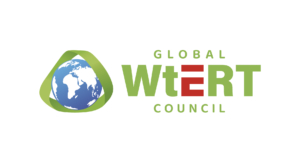The Limits of Zero Waste Policies: Navigating Post-Recycling Realities for Sustainable Waste Management
Author(s): Romane Daskal
Affiliation(s): College of Arts & Science, New York University, NY, USA
This paper, titled “The Limits of Zero Waste Policies: Navigating Post-Recycling Realities for Sustainable Waste Management,” critically examines the effectiveness and limitations of zero waste initiatives in managing the ever-growing challenge of municipal solid waste. With global waste generation expected to more than double by 2050, the urgency of finding sustainable waste management solutions has never been greater. Zero waste policies, which aim to eliminate waste entirely and promote the recovery of all resources, have gained significant traction in recent years. However, through case studies from cities such as Milan, San Francisco, and Kiel, as well as insights from the European Zero Waste organization, this research reveals that these initiatives often fall short in addressing the realities of post-recycling waste. The paper argues that while zero waste targets are aspirational, they are largely unachievable in their current form. Instead, the research emphasizes the need for advanced waste management strategies, such as Waste-to-Energy (WTE) technologies, which convert residual waste into a valuable energy source. By exploring the limitations of zero waste policies and proposing practical solutions for post-recycling waste management, this paper provides a comprehensive analysis of how cities can move towards more sustainable and effective waste management practices.
